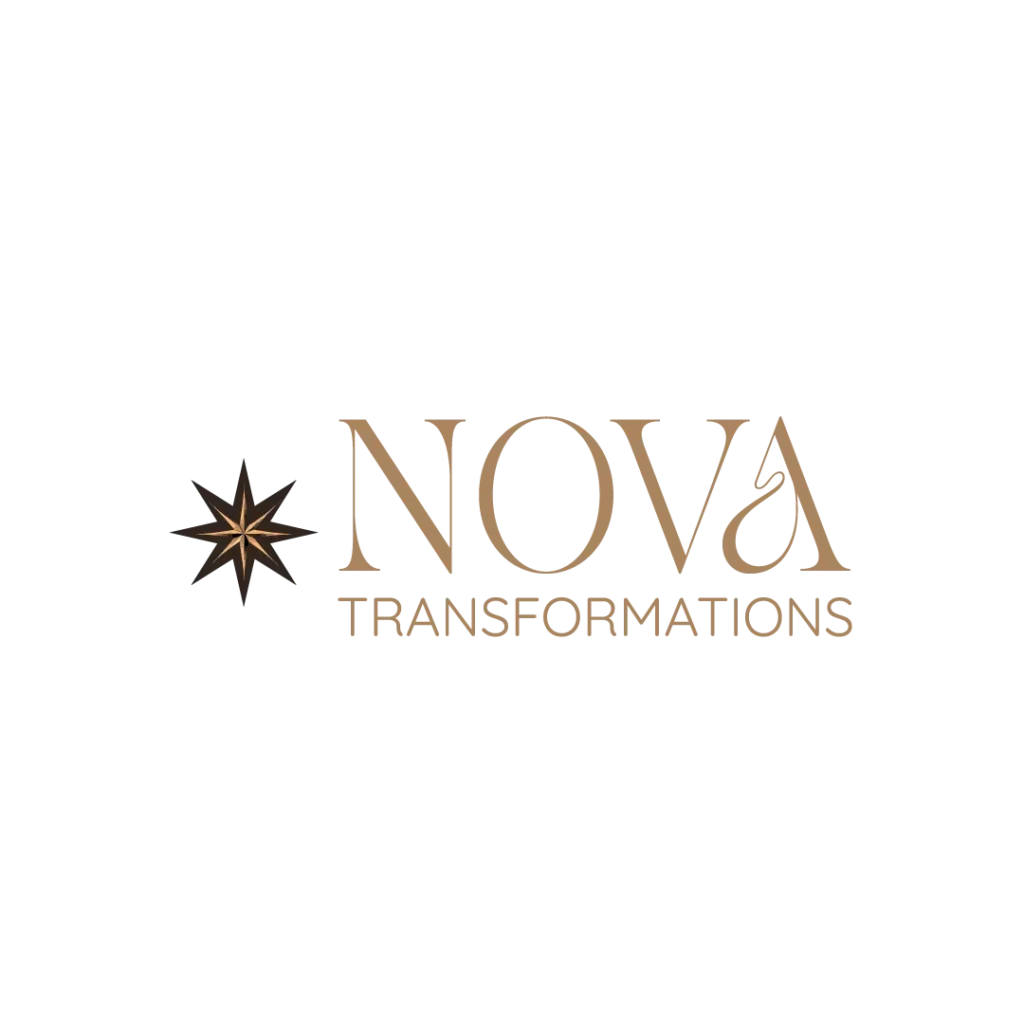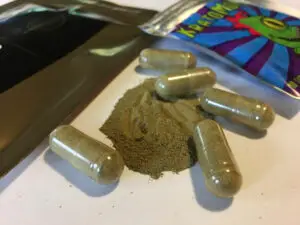The Importance of Seeking Help
Understanding Substance Use Disorders
Understanding substance use disorders (SUDs) is crucial for anyone considering help for themselves or a loved one. SUDs are complex conditions characterized by an inability to control the use of a substance, despite the negative consequences. Research shows that most individuals who enter and stay in treatment for drug and alcohol addiction experience significant benefits, such as stopping substance misuse, reducing criminal behavior, and enhancing social and psychological functioning (American Addiction Centers).
However, it is important to understand the challenges associated with treatment. Statistics indicate that less than 43% of individuals who begin treatment for substance use issues complete the program. This low completion rate emphasizes the need for supportive and comprehensive treatment solutions, such as our fentanyl addiction program.
Substance use disorders frequently co-occur with mental health disorders like depression, anxiety, or bipolar disorder. According to the National Institute of Mental Health, individuals with mental health issues are at heightened risk for developing substance use problems, creating a cycle that can be very difficult to break. For those facing this dual diagnosis, tailored treatment options that address both mental health and addiction are essential. At Nova Transformations, you can find effective programs, including dual diagnosis treatment.
If you or someone you care about is grappling with addiction, seeking help can lead to improvement in overall wellbeing and quality of life. Understanding the complexities of substance use disorders equips you to make informed decisions regarding treatment and support options.
Impact of Fentanyl Addiction
Fentanyl addiction carries significant dangers and risks that can greatly affect not only the individual but also their loved ones and the community as a whole. Understanding these impacts is essential for making informed decisions regarding treatment options.
Dangers of Fentanyl Misuse
Fentanyl is a potent synthetic opioid that is highly addictive, particularly when used outside of prescribed guidelines. Misuse can lead to severe changes in brain activity, resulting in continuous use despite the harmful consequences. This pattern often leads to increased dependence and tolerance, making recovery more challenging. The illicit use of fentanyl has contributed to a major overdose crisis in the United States, with overdose deaths involving fentanyl often entangled with the use of multiple substances. Many individuals do not realize that fentanyl can be mixed with other drugs, exacerbating its dangerous effects.
The risk of overdose is significant, as fentanyl is considerably stronger than many other opioids. Standard-strength naloxone can reverse a fentanyl overdose, but in some cases, higher doses or additional administrations may be necessary due to the drug’s potency. The potential for fatal overdose is a serious concern, underscoring the necessity for immediate and effective treatment options, such as a specialized fentanyl addiction program.
| Risk Factors | Description |
|---|---|
| High Potency | Fentanyl is 50-100 times stronger than morphine. |
| Overdose Potential | Accidental overdose can occur even with a small amount. |
| Mixing with Other Drugs | Increases the likelihood of dangerous interactions. |
Risks Associated with Fentanyl Use
The inherent risks of fentanyl use extend beyond overdose. Users can experience numerous health issues, including respiratory depression, which can be life-threatening. Additionally, individuals who use fentanyl may face a range of other health complications, such as infections related to intravenous use or long-term effects on liver and kidney function.
Fentanyl use during pregnancy poses serious risks for both the mother and the newborn. Pregnant women using fentanyl may experience complications, while their babies could be born with health problems or experience withdrawal symptoms post-birth. Fortunately, medications for treating fentanyl addiction are established as safe for pregnant and breastfeeding women, allowing for effective intervention with minimal risk to their child (National Institute on Drug Abuse).
In summary, fentanyl addiction presents multiple dangers that require comprehensive treatment strategies. Seeking help through proven programs, such as those offered at Nova Transformations, can address not only the addiction but also the underlying issues that contribute to substance abuse. Options include behavioral therapy and medications for opioid use disorder, which are designed to support recovery and promote overall well-being. For more information on available programs, explore our opioid addiction program and related treatments.
Treatment Options for Fentanyl Addiction
Finding the right treatment for fentanyl addiction is crucial for recovery. At Nova Transformations, you’ll discover a comprehensive fentanyl addiction program that includes both medication and behavioral therapy tailored to your needs. Here are the key options available:
Medications for Opioid Use Disorder
Medications play a vital role in treating fentanyl addiction. The FDA has approved several medications that can safely help individuals recover from opioid use disorder. These include:
| Medication | Use |
|---|---|
| Methadone | Reduces withdrawal symptoms and cravings |
| Buprenorphine | Helps in reducing cravings while preventing withdrawal |
| Naltrexone | Blocks the effects of opioids and reduces the chance of relapse |
| Lofexidine | Alleviates withdrawal symptoms |
These medications are not only effective but also safe for individuals, including pregnant women, with minimal risks to both mother and baby (National Institute on Drug Abuse). They are essential in maintaining recovery and preventing fatal overdoses. In emergencies, standard-strength naloxone can reverse the effects of a fentanyl overdose, giving you a vital tool for safety (National Institute on Drug Abuse).
Behavioral Therapy for Addiction
In addition to medications, behavioral therapy is crucial in addressing the psychological aspects of addiction. Therapies such as cognitive behavioral therapy (CBT) can help you identify and change negative thought patterns and behaviors associated with substance use. Behavioral therapy helps you develop coping strategies and skills necessary for maintaining recovery.
At Nova Transformations, we offer a range of tailored therapy options, including:
- Cognitive Behavioral Therapy Addiction: Focuses on changing harmful behaviors.
- DBT Therapy for Addiction: Emphasizes emotional regulation and interpersonal skills.
- Experiential Outpatient Therapy: Engages you in activities that promote healing.
Integrating both medication and therapy is vital for addressing the complexities of fentanyl addiction. The combination not only aids in easing withdrawal symptoms but also supports long-term recovery by developing healthy coping mechanisms.
Whether you or a loved one is seeking help, Nova Transformations is committed to providing you with both a professional and compassionate environment conducive to healing. Explore more about our opioid addiction program to start your journey toward recovery.
Why Choose Nova Transformations
Choosing the right treatment program is a crucial step in overcoming fentanyl addiction. Nova Transformations offers specialized detox and rehab services tailored to foster recovery and long-term wellness. Here’s why you should consider our fentanyl addiction program.
Comprehensive Detox Programs
At Nova Transformations, we recognize that fentanyl addiction is a treatable chronic medical condition. Our detox programs provide a safe and structured environment where you can begin your journey toward recovery. We focus on an individualized approach, ensuring that therapy and medications are tailored to meet your specific needs.
Key components of our detox programs include:
- Medications for Opioid Use Disorder: Assisted treatment options are provided to manage withdrawal symptoms and cravings effectively.
- Behavioral Therapy: Complementary therapies are integrated to address underlying psychological challenges and equip you with coping strategies.
| Program Feature | Description |
|---|---|
| Individualized Plans | Custom treatment tailored for each client |
| Supportive Environment | Safe space to begin recovery |
| Medical Supervision | Continuous care from qualified professionals |
For more information on how we assist individuals with various substance use disorders, you can explore our opioid addiction program or check out resources for prescription drug dependency rehab.
Industry-Leading Rehab Services
Nova Transformations stands out as a leader in addiction treatment services. A recent survey revealed that over 95% of individuals needing drug rehab do not receive it, highlighting a critical gap in support and resources. Our comprehensive approach ensures you receive the care necessary to reclaim your life.
We focus on several key areas in our rehab services:
- Engagement Strategies: Patients report significant improvements in autonomy and engagement with treatment, especially when provided with flexible options (NIDA).
- Holistic Care: Incorporating various therapy options like mindfulness and life skills training to address the multifaceted nature of addiction.
| Service Type | Description |
|---|---|
| Flexible Treatment Options | Facilitating client autonomy and participation |
| Holistic Approach | Combining traditional and alternative therapies |
| Strong Support Network | Access to ongoing peer support and recovery resources |
As you consider your options, remember that our specialized services also include support for those facing dual diagnosis, such as depression and addiction treatment and anxiety and addiction recovery.
For a compassionate and effective path to recovery from fentanyl addiction, choose Nova Transformations. Your journey begins with understanding, support, and personalized care.
Success Rates and Statistics
Understanding the success rates and challenges associated with fentanyl addiction treatment can help you make informed decisions about your recovery journey.
Relapse Rates in Recovery
Relapse rates for drug and alcohol use during recovery are estimated to be between 40-60%. These figures are similar to those observed with chronic diseases such as hypertension and diabetes (American Addiction Centers). It is crucial to recognize that relapse does not mean failure; rather, it indicates the need for ongoing support and possibly a different approach to treatment.
Research suggests that for individuals who receive consistent treatment, the rates of misuse decrease significantly. Most patients who remain in treatment for substance use disorders stop misusing substances, reduce criminal activity, and improve their overall social and psychological functioning (American Addiction Centers).
| Treatment Outcome | Percentage (%) |
|---|---|
| Relapse During Recovery | 40-60 |
| Remained in Treatment after a Year | 53 (positive fentanyl tests) |
| Achieved Remission | 99 (those retained in treatment) |
Treatment Retention Challenges
Less than 43% of individuals who start treatment for drug and alcohol use complete their programs. This statistic highlights significant challenges with treatment retention. Factors contributing to this challenge can include:
- Lack of support systems
- Co-occurring mental health disorders
- Insufficient engagement with treatment resources
It’s important to consider that changes in treatment regulations, such as the recent modifications to 42 CFR Part 8, enhance access to treatment options like methadone via telehealth and expand take-home doses (NIDA). These developments aim to improve retention rates by making treatment more accessible and accommodating individual needs.
For those seeking effective support in overcoming fentanyl addiction, Nova Transformations offers specialized programs tailored to meet your unique needs. Whether you’re considering an opioid addiction program or exploring holistic options, understanding these statistics can empower you to stay committed to your recovery journey.
Supporting Loved Ones
Navigating the journey of addiction recovery can be challenging, both for individuals and their loved ones. Providing support, understanding, and addressing co-occurring disorders plays a critical role in the recovery process for those in a fentanyl addiction program.
Providing Support and Understanding
Individuals fighting substance use disorders often grapple with additional mental health ailments, such as depression, anxiety, or bipolar disorder. Likewise, those with mental health disorders face an increased risk of developing substance use issues (NIMH).
To support a loved one struggling with fentanyl addiction, consider the following approaches:
- Active Listening: Create a safe space for open conversations without judgment, allowing the individual to express their feelings and experiences.
- Educate Yourself: Understanding addiction and its effects can empower you to provide better support. Familiarize yourself with the challenges your loved one faces.
- Be Patient: Recovery is a long process with ups and downs. Offer your consistent support and encouragement throughout their journey.
Getting Help for Co-Occurring Disorders
If you or someone you care about is battling both mental health and substance use disorders, it is vital to seek professional assistance. Discuss your concerns with a primary care provider who can guide you toward a qualified mental health professional. These providers use comprehensive assessment tools and have expertise in both areas to ensure accurate diagnosis and effective treatment plans (NIMH).
At Nova Transformations, we understand that addressing co-occurring disorders is essential for a successful recovery. Consider our specialized programs, which cater not only to fentanyl addiction but also to associated mental health conditions. For further support options, explore our various treatment services, including dual diagnosis mental health and addiction, depression and addiction treatment, and anxiety and addiction recovery.
By fostering a supportive environment and seeking the necessary help, individuals struggling with addiction and their families can navigate the recovery journey more effectively.








